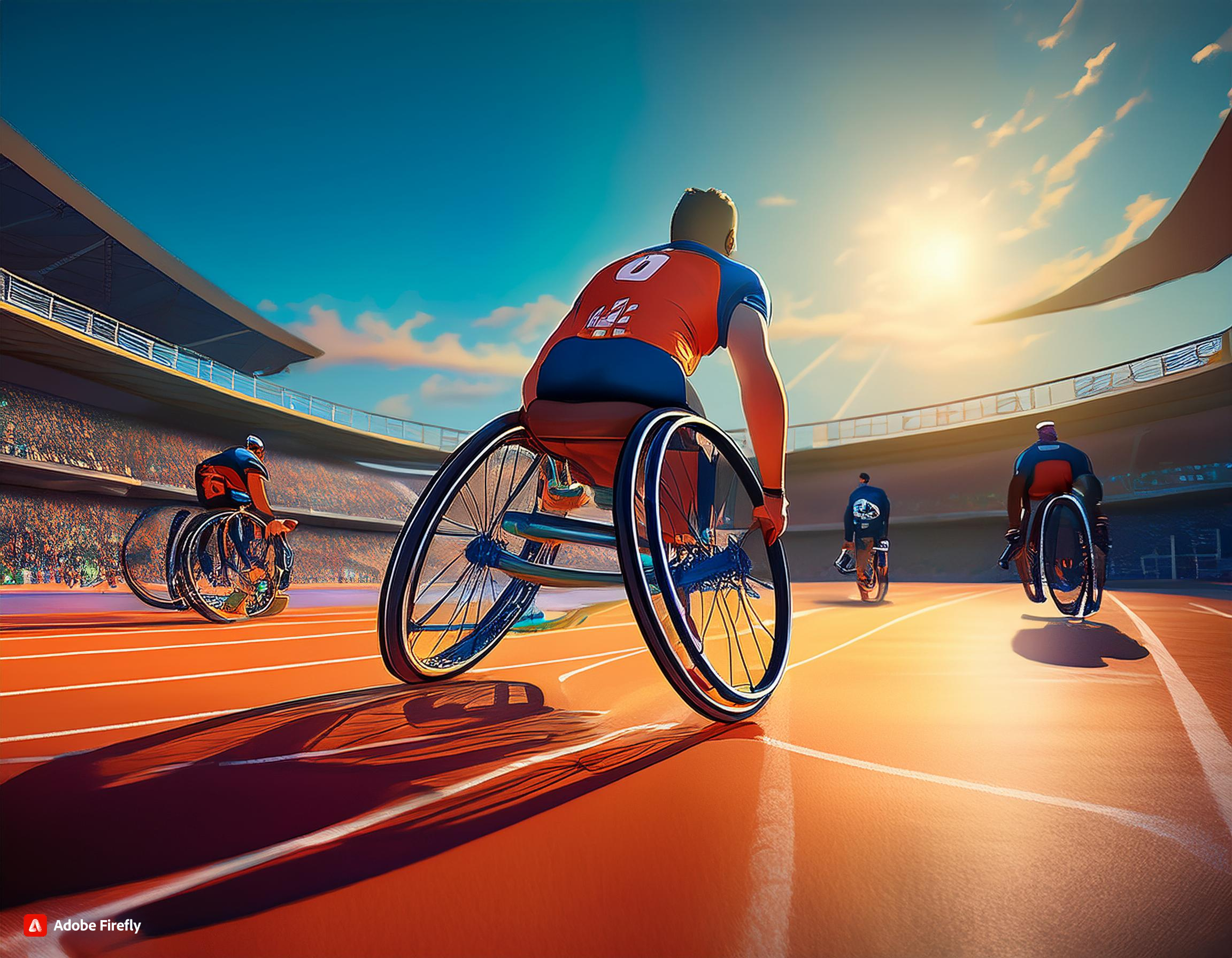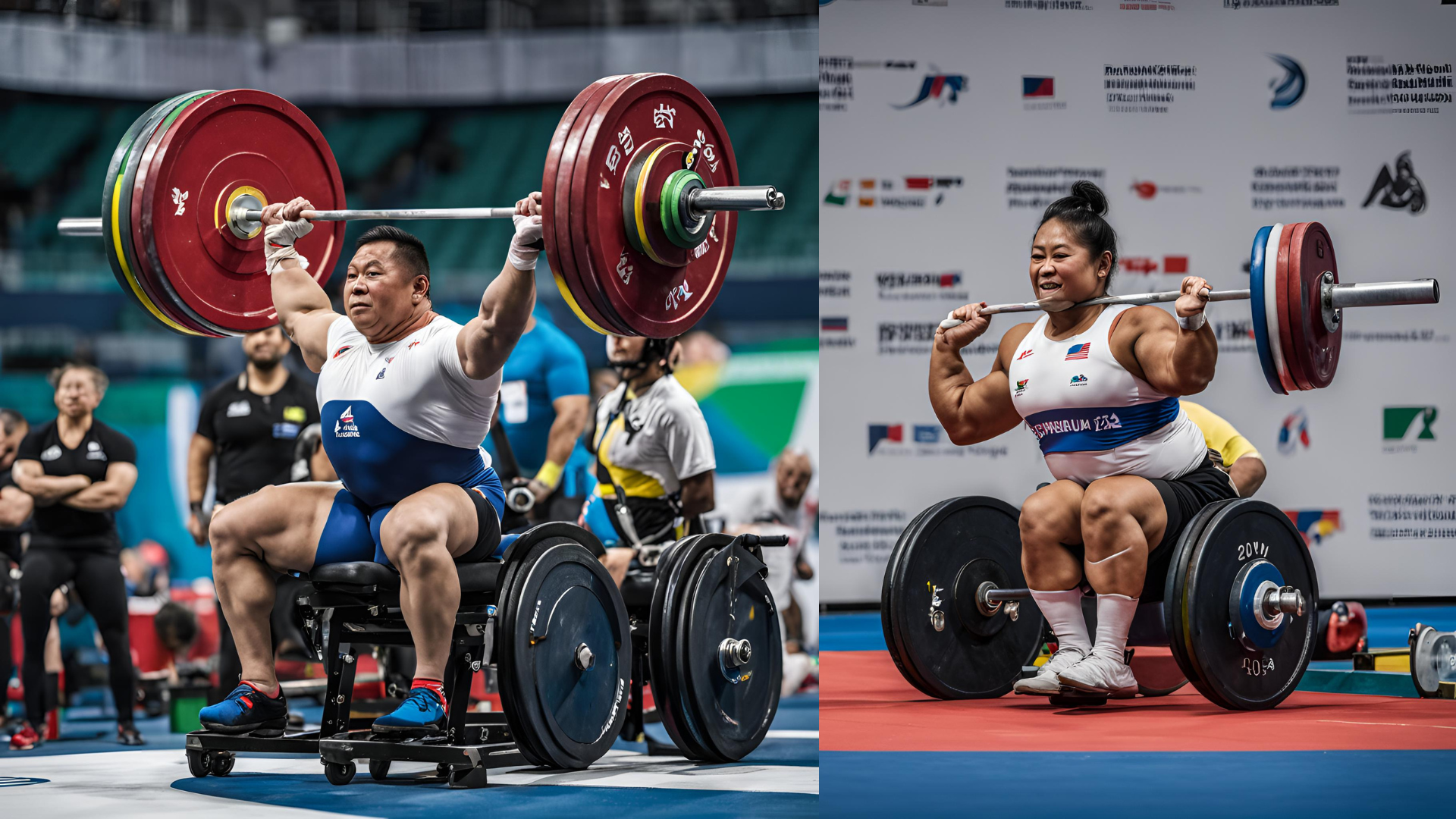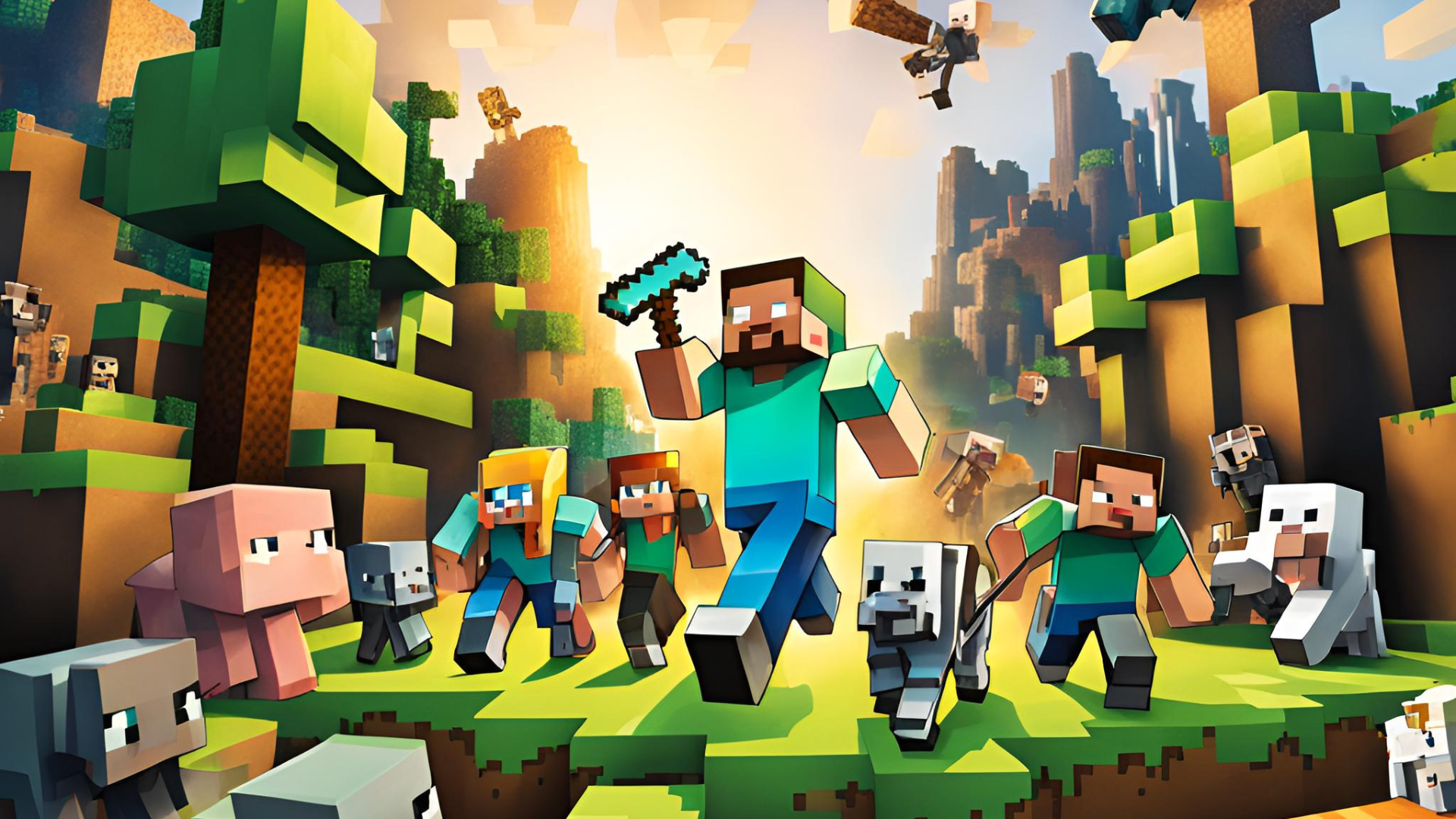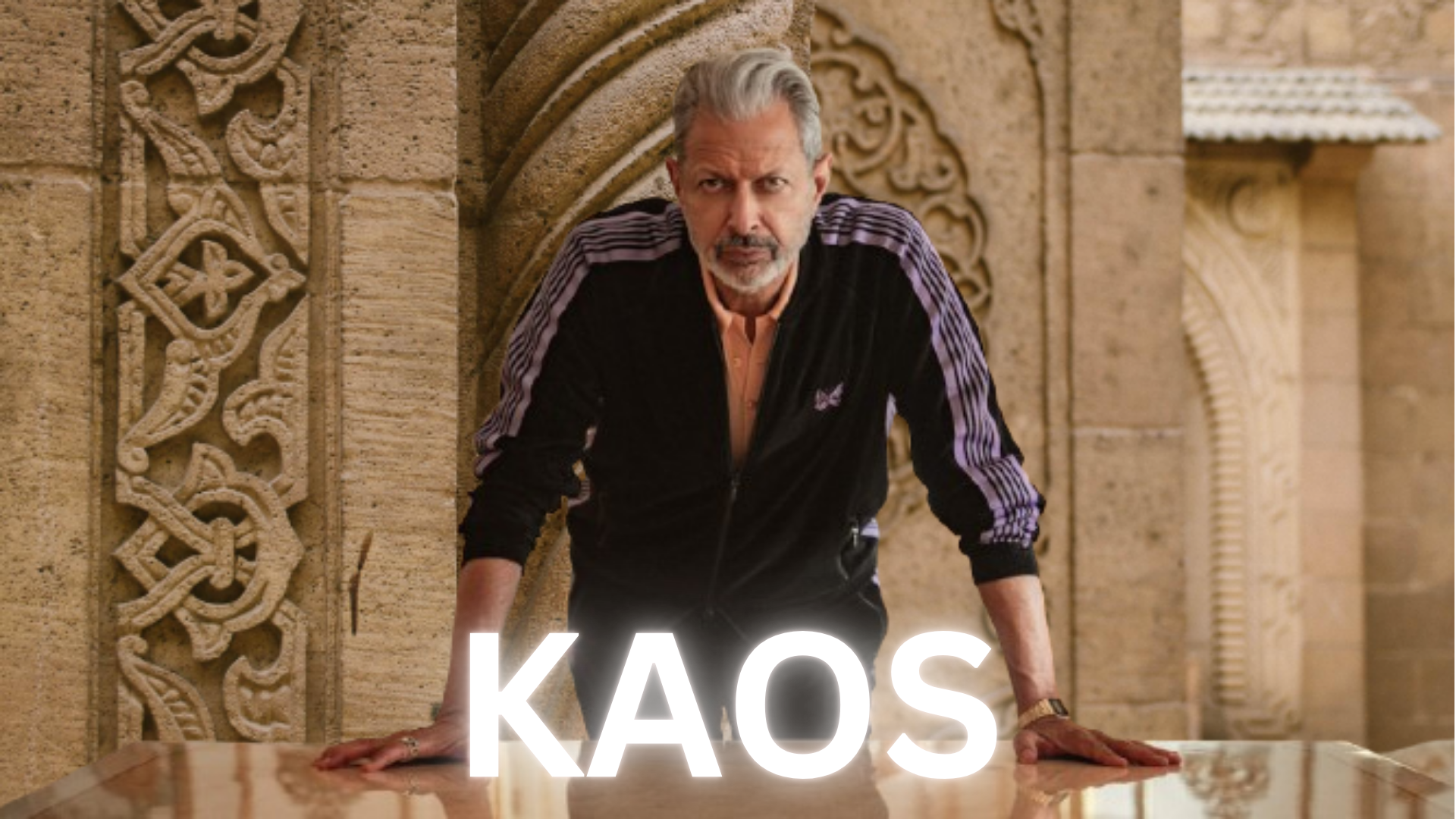Introduction: The Global Stage of the Paralympics
The Paralympic Games stand as one of the most prestigious global sporting events, showcasing the incredible talents and determination of athletes with disabilities. The Paris 2024 Paralympic Games, scheduled to take place from August 28, 2024, to September 8, 2024, are anticipated to be a landmark event in the history of sports. Paris, known for its cultural richness and historical significance, will provide a fitting backdrop for an event that transcends sports, focusing on exclusivity, diversity, and the celebration of human potential.
This article delves deep into the Paralympic Games Paris 2024, exploring its history, the significance of Paris as the host city, the sports and events featured, and the broader impact of the Games on society. Through detailed analysis and insights, we aim to offer a comprehensive understanding of what makes the Paris 2024 Paralympic Games a monumental event.
Suggestion for you: See World most Expensive Laptops
Table of Contents
The Evolution of the Paralympic Games
The Origins and Early Years
The roots of the Paralympic Games can be traced back to post-World War II, when Sir Ludwig Guttmann, a German-born neurosurgeon, organized a sports competition for British World War II veterans with spinal cord injuries in 1948. Held at the Stoke Mandeville Hospital, this event marked the beginning of what would eventually become the Paralympic Games. The competition grew in size and significance over the years, and in 1960, the first official Paralympic Games were held in Rome, Italy, coinciding with the Summer Olympic Games.
The early Paralympic Games were relatively small-scale events, with fewer sports and participants compared to the Olympic Games. However, the spirit of the Games was unmistakable, as athletes with disabilities demonstrated remarkable resilience, skill, and sportsmanship. Over time, the Paralympic movement gained momentum, attracting more athletes and garnering greater international attention.
Growth and Global Recognition
The 1980s and 1990s were transformative decades for the Paralympic Games. The International Paralympic Committee (IPC) was established in 1989, providing a unified governing body for the Games and ensuring that they would be held in conjunction with the Olympic Games in the same host cities. This partnership with the International Olympic Committee (IOC) helped elevate the status of the Paralympic Games, bringing them closer to mainstream recognition.
The 2000 Sydney Paralympic Games marked a turning point, with record-breaking participation and unprecedented media coverage. The Games featured over 3,800 athletes from 122 countries, competing in 18 sports. The Sydney Games set new standards for organization, accessibility, and inclusivity, serving as a model for future Paralympic events.
Since then, the Paralympic Games have continued to grow in scope and popularity, with each edition surpassing the previous one in terms of participation, media coverage, and public engagement. The London 2012 Paralympic Games, for example, were widely regarded as a resounding success, with over 4,200 athletes from 164 countries competing in 20 sports. The Games attracted millions of viewers worldwide and helped to challenge societal perceptions of disability.
Paris as the Host City: A Cultural and Historical Hub
Paris’s Rich Sporting Heritage
Paris, the capital of France, is a city synonymous with culture, history, and elegance. As a host city for the 2024 Paralympic Games, Paris offers a unique blend of tradition and modernity, providing a perfect setting for this prestigious event. The city has a long history of hosting major international sporting events, including the 1900 and 1924 Summer Olympic Games, the FIFA World Cup in 1998, and the Rugby World Cup in 2007.
The Paris 2024 Paralympic Games will mark the first time that the French capital has hosted the Paralympic Games. The event is expected to leave a lasting legacy, not only in terms of sports infrastructure but also in promoting accessibility, inclusivity, and social cohesion.
Iconic Venues and Landmarks
One of the most exciting aspects of the Paris 2024 Paralympic Games is the use of the city’s iconic landmarks as venues for the events. The Games will be held in some of Paris’s most famous locations, providing a stunning backdrop for the competitions and showcasing the city’s rich cultural heritage.
- Stade de France: Located in the northern suburbs of Paris, Stade de France is the largest stadium in the country and will host the opening and closing ceremonies, as well as athletics events. With a seating capacity of 80,000, it is a fitting venue for the grandeur of the Paralympic Games.
- Parc des Princes: This iconic football stadium in the 16th arrondissement of Paris will be transformed into a venue for wheelchair rugby and football 5-a-side. Known for its passionate atmosphere during football matches, Parc des Princes will provide an electrifying setting for these intense and physically demanding sports.
- Château de Versailles: The historic grounds of the Château de Versailles will host equestrian events, offering a breathtaking setting for the competition. The palace, a symbol of French grandeur and opulence, will add a touch of elegance to the Games, making it one of the most memorable venues in Paralympic history.
- Bercy Arena: Located in the heart of Paris, Bercy Arena (also known as AccorHotels Arena) will host events such as wheelchair basketball, wheelchair fencing, and powerlifting. With its modern facilities and central location, Bercy Arena is an ideal venue for these fast-paced and action-packed sports.
- La Seine River: The picturesque Seine River will be the site for paracanoe and rowing events. Athletes will compete against the backdrop of some of Paris’s most famous landmarks, including the Eiffel Tower and Notre-Dame Cathedral, making these events a visual spectacle.
The use of these iconic venues highlights the unique character of the Paris 2024 Paralympic Games, blending the city’s historical and cultural heritage with the modern spirit of the Paralympic movement.
Sports and Events: Showcasing Athletic Prowess
A Diverse Range of Sports
The Paris 2024 Paralympic Games will feature 22 sports, with over 4,400 athletes from around the world expected to participate. These sports are designed to accommodate athletes with different types of disabilities, ensuring that the competition is fair and that every athlete has the opportunity to excel in their chosen discipline.
Here is an in-depth look at some of the key sports featured in the Paralympic Games Paris 2024:
- Archery: Paralympic archery is a sport that requires precision, focus, and control. Athletes with physical impairments compete in categories based on their level of impairment, using recurve or compound bows. The competition is intense, with athletes needing to maintain their composure and accuracy under pressure.
- Athletics: Athletics is one of the most popular and diverse sports in the Paralympic Games, featuring events such as track races, marathons, jumps, throws, and wheelchair racing. Athletes with physical, visual, and intellectual impairments compete in different classifications, making it a highly inclusive sport. The performances in athletics are often some of the most inspiring moments of the Games, as athletes push the limits of human endurance and speed.
- Badminton: Badminton made its Paralympic debut at the Tokyo 2020 Games and quickly became a fan favorite. The sport is fast-paced and requires agility, reflexes, and strategic thinking. Athletes compete in singles, doubles, and mixed doubles events, with categories based on the type and extent of impairment.
- Boccia: Boccia is a sport unique to the Paralympic Games, designed specifically for athletes with severe physical impairments. It is a precision ball sport, similar to bocce, where athletes aim to throw leather balls as close as possible to a target ball. Boccia is a highly strategic game, requiring a combination of skill, tactics, and mental focus.
- Canoe: Paracanoe was introduced to the Paralympic program at the Rio 2016 Games and has since become a popular event. Athletes compete in various classes based on their type of impairment, using either a kayak (single blade) or a va’a (outrigger canoe with a single blade). The races are typically held over a distance of 200 meters, making for fast and exciting competition.
- Cycling (Road and Track): Paralympic cycling is divided into two main disciplines: road cycling and track cycling. Athletes compete in different categories based on their impairment, using adapted bicycles, tricycles, tandem bikes (for visually impaired athletes with a sighted pilot), or handcycles. The competition is fierce, with athletes reaching incredible speeds and demonstrating exceptional endurance.
- Equestrian: Equestrian events in the Paralympic Games include dressage, where athletes with physical impairments showcase their ability to control and communicate with their horses. The sport requires a deep bond between the rider and the horse, as well as precision, elegance, and control. Equestrian is one of the few sports where male and female athletes compete on equal terms.
- Football 5-a-side: Paralympic football 5-a-side is a sport for athletes with visual impairments. The game is played with a ball that makes noise when it moves, allowing players to locate it by sound. The matches are fast-paced and require exceptional teamwork, communication, and spatial awareness. Brazil has been a dominant force in this sport, having won multiple Paralympic gold medals.
- Goalball: Goalball is another sport designed specifically for athletes with visual impairments. Teams of three players try to throw a ball with bells inside it into the opposing team’s goal, while defenders attempt to block the ball using their bodies. Goalball is a fast and tactical game, requiring quick reflexes and excellent communication among team members.
- Judo: Paralympic judo is open to athletes with visual impairments. The sport is similar to Olympic judo, with athletes competing in weight categories and attempting to throw or pin their opponents to the mat. Judo is a highly technical and physically demanding sport, requiring strength, balance, and strategic thinking.
- Paratriathlon: Paratriathlon is a demanding sport that combines swimming, cycling, and running. Athletes with physical impairments compete in different classifications based on their level of impairment. The sport requires exceptional endurance, versatility, and mental toughness, as athletes must transition smoothly between the three disciplines.
- Powerlifting: Paralympic powerlifting is a sport for athletes with physical impairments affecting their lower limbs. The competition involves bench pressing as much weight as possible in a single lift. Powerlifting is a test of pure strength, with athletes often lifting more than twice their body weight. The sport requires not only physical strength but also mental focus and determination.
- Rowing: Para-rowing is a sport that has been part of the Paralympic program since 2008. Athletes with physical impairments compete in different boat classes, including single sculls, double sculls, and coxed fours. The races are held over a distance of 2,000 meters, and the competition is intense, with athletes demonstrating incredible power and endurance.
- Shooting: Paralympic shooting is a precision sport for athletes with physical impairments. Competitors use air rifles or pistols to hit a series of targets from a set distance. The sport requires exceptional focus, control, and accuracy, as athletes must remain calm under pressure to achieve the best possible scores.
- Sitting Volleyball: Sitting volleyball is a fast-paced and highly competitive sport for athletes with physical impairments. The game is similar to traditional volleyball, but with the net lower to the ground and players required to keep at least one part of their body in contact with the floor at all times. Sitting volleyball is known for its quick rallies and intense teamwork.
- Swimming: Paralympic swimming is one of the most popular and widely watched sports in the Games. Athletes with physical, visual, and intellectual impairments compete in different classifications, based on their level of impairment. The sport features a wide range of events, from sprints to long-distance races, and is known for its thrilling finishes and record-breaking performances.
- Table Tennis: Paralympic table tennis is a sport for athletes with physical and intellectual impairments. The game is fast-paced and requires quick reflexes, precision, and strategic thinking. Athletes compete in singles, doubles, and team events, with categories based on their impairment.
- Taekwondo: Taekwondo made its Paralympic debut at the Tokyo 2020 Games and has quickly become a popular event. The sport is a martial art that combines speed, power, and precision. Athletes with physical impairments compete in different weight categories, using their skills to score points through kicks and punches.
- Wheelchair Basketball: Wheelchair basketball is one of the most popular and widely recognized sports in the Paralympic Games. The game is fast-paced and physically demanding, with athletes using specialized wheelchairs to maneuver around the court and score points by shooting the ball into the opponent’s basket. The sport requires exceptional teamwork, skill, and endurance.
- Wheelchair Fencing: Paralympic wheelchair fencing is a sport for athletes with physical impairments. Competitors use foils, epees, or sabres to score points by hitting their opponents on a target area. The sport requires quick reflexes, precision, and strategic thinking, as athletes must anticipate their opponent’s moves and react swiftly.
- Wheelchair Rugby: Wheelchair rugby, also known as “murderball,” is a fast-paced and highly physical sport for athletes with physical impairments. The game is played on a basketball-sized court, with teams of four players attempting to carry the ball across the opponent’s goal line. Wheelchair rugby is known for its intense collisions, strategic plays, and thrilling action.
- Wheelchair Tennis: Paralympic wheelchair tennis is a sport for athletes with physical impairments. The game is similar to traditional tennis, but with the added challenge of maneuvering a wheelchair around the court. Athletes compete in singles and doubles events, with matches often showcasing incredible skill, agility, and endurance.
Athlete Profiles: Stories of Determination and Inspiration
The Paralympic Games are not just about competition; they are also about the incredible stories of the athletes who participate. Each athlete has a unique journey, filled with challenges, triumphs, and moments of inspiration. Here are a few profiles of athletes to watch at the Paris 2024 Paralympic Games:
- Beatrice Vio (Italy, Wheelchair Fencing): Beatrice “Bebe” Vio is a Paralympic champion in wheelchair fencing and one of the most recognizable faces in the sport. Despite losing both her arms and legs to meningitis as a child, Vio has become a dominant force in fencing, winning multiple gold medals at the Paralympic Games. Her story of resilience and determination has inspired millions around the world.
- David Weir (Great Britain, Wheelchair Racing): David Weir is a British Paralympic legend, known for his incredible success in wheelchair racing. Weir has won six Paralympic gold medals and is a multiple-time winner of the London Marathon. His dominance in the sport and his advocacy for disability rights have made him a role model for many aspiring athletes.
- Jessica Long (USA, Swimming): Jessica Long is one of the most successful Paralympic swimmers of all time, with 23 medals, including 13 golds. Born in Siberia with fibular hemimelia, which led to the amputation of her legs, Long was adopted by an American family and began swimming at a young age. Her incredible achievements in the pool have made her a global icon in Paralympic sport.
- Markus Rehm (Germany, Long Jump): Markus Rehm, also known as the “Blade Jumper,” is a Paralympic long jumper who has consistently pushed the boundaries of the sport. Rehm, who uses a prosthetic blade, has broken multiple world records and is known for his incredible athleticism and dedication to his craft.
- Oksana Masters (USA, Paratriathlon): Oksana Masters is a multi-sport Paralympic athlete who has competed in rowing, cross-country skiing, biathlon, and paratriathlon. Born in Ukraine with several birth defects believed to be caused by radiation exposure, Masters was adopted by an American mother and went on to achieve incredible success in multiple sports. Her versatility and determination have made her one of the most celebrated athletes in the Paralympic movement.
The Role of Technology in the Paralympic Games
Adaptive Equipment and Innovation
Technology plays a crucial role in the Paralympic Games, enabling athletes to perform at their best and compete on a level playing field. Advances in adaptive equipment, such as prosthetics, wheelchairs, and sports gear, have revolutionized Paralympic sport, allowing athletes to push the limits of their abilities.
- Prosthetics: Modern prosthetic limbs are lightweight, durable, and designed for specific sports. For example, “blade” prosthetics, made from carbon fiber, have become synonymous with Paralympic track and field events. These prosthetics provide athletes with the flexibility and strength needed to compete at the highest level.
- Wheelchairs: Specialized wheelchairs are designed for different sports, such as basketball, rugby, and racing. These wheelchairs are built for speed, agility, and durability, allowing athletes to maneuver quickly and efficiently during competition. Advances in materials and design have made wheelchairs lighter and more responsive, giving athletes a competitive edge.
- Assistive Technology: For athletes with visual impairments, assistive technology plays a vital role in their performance. For example, in sports like goalball and football 5-a-side, the ball is equipped with sound-emitting devices that help players locate it. In athletics and swimming, tactile cues and guide runners or swimmers assist athletes in maintaining their direction and pace.
The Impact of Data and Analytics
Data and analytics have become increasingly important in the Paralympic Games, helping athletes and coaches optimize performance and develop strategies for success. Wearable technology, such as GPS trackers and heart rate monitors, provides real-time data on an athlete’s performance, allowing coaches to make informed decisions and adjustments during training and competition.
In addition, motion capture technology and biomechanical analysis are used to study an athlete’s movements, identify areas for improvement, and develop tailored training programs. This level of analysis has led to significant advancements in performance and has contributed to the breaking of numerous records in Paralympic sport.
Accessibility and Inclusivity: A Commitment to Equality
Making Paris 2024 Accessible to All
The Paris 2024 Paralympic Games are committed to setting new standards in accessibility and inclusivity. This commitment extends beyond the competition venues to the entire city of Paris, ensuring that all aspects of the Games are accessible to athletes, officials, and spectators with disabilities.
- Public Transport: Paris is upgrading its public transport systems to ensure that they are fully accessible to people with disabilities. This includes making metro stations, buses, and trams wheelchair accessible and providing audio and visual information for passengers with sensory impairments. The goal is to create a seamless and inclusive transport experience for everyone attending the Games.
- Accommodation: The Paris 2024 organizing committee is working closely with hotels and accommodation providers to ensure that accessible rooms and facilities are available for athletes, officials, and spectators with disabilities. This includes providing wheelchair-accessible rooms, bathrooms with grab bars, and other necessary adaptations.
- Venues: All Paralympic venues in Paris are being designed or modified to meet the highest standards of accessibility. This includes ensuring that there are adequate ramps, lifts, and seating areas for wheelchair users, as well as providing accessible toilets and changing facilities. The aim is to create an environment where everyone can fully participate in and enjoy the Games.
Promoting Inclusivity through Education and Awareness
The Paris 2024 Paralympic Games are also an opportunity to promote inclusivity and raise awareness about disability rights. The organizing committee is working with schools, community organizations, and media outlets to educate the public about the Paralympic movement and the importance of inclusivity in sport and society.
- Educational Programs: Schools across France are participating in educational programs that teach students about the Paralympic Games, the history of the Paralympic movement, and the achievements of Paralympic athletes. These programs aim to inspire the next generation of athletes and promote a more inclusive society.
- Media Coverage: The media plays a crucial role in shaping public perceptions of the Paralympic Games. The Paris 2024 organizing committee is working to ensure that the Games receive extensive and positive coverage, highlighting the achievements of Paralympic athletes and the importance of inclusivity. This includes working with broadcasters to provide comprehensive and accessible coverage of the events.
- Community Engagement: The Paris 2024 Paralympic Games are also an opportunity to engage with local communities and promote the values of the Paralympic movement. The organizing committee is working with community organizations to create opportunities for people with disabilities to participate in sports and physical activities, both during and after the Games.
The Legacy of the Paralympic Games Paris 2024
A Lasting Impact on Paris and Beyond
The legacy of the Paris 2024 Paralympic Games will extend far beyond the closing ceremony. The Games are expected to leave a lasting impact on the city of Paris, the Paralympic movement, and society as a whole.
- Infrastructure Improvements: The investments made in infrastructure for the Paris 2024 Paralympic Games will benefit the city for years to come. Upgraded transport systems, accessible public spaces, and modernized sports venues will enhance the quality of life for residents and visitors alike. These improvements will also serve as a model for other cities hosting future Paralympic Games.
- Social Change: The Paris 2024 Paralympic Games have the potential to drive significant social change, particularly in terms of attitudes toward disability. By showcasing the talents and achievements of Paralympic athletes, the Games can help challenge stereotypes and promote a more inclusive society. This social impact will be felt not only in France but around the world.
- Inspiration for Future Generations: The Paris 2024 Paralympic Games will inspire a new generation of athletes, both with and without disabilities, to pursue their dreams and strive for excellence in sport. The stories of determination, resilience, and triumph that emerge from the Games will serve as powerful motivators for young people everywhere.
Conclusion: A Celebration of the Human Spirit
The Paralympic Games Paris 2024 are more than just a sporting event; they are a celebration of the human spirit. They embody the values of courage, determination, inspiration, and equality, and they showcase the incredible potential of athletes with disabilities. As Paris prepares to host this historic event, the world will be watching, inspired by the stories of the athletes who will take to the stage and leave an indelible mark on the history of sport.
The Paris 2024 Paralympic Games will undoubtedly be a landmark event, setting new standards in accessibility, inclusivity, and athletic achievement. As the world comes together to celebrate the Games, we are reminded of the power of sport to unite people, break down barriers, and inspire change. The legacy of the Paris 2024 Paralympic Games will be one of hope, progress, and a brighter, more inclusive future for all.
Resource: The guardian
Related Tags: paralympics, paralympics schedule and results, paralympics 2024 schedule, paralympics 2024, paralympics opening ceremony, where to watch paralympics, paralympics sports





